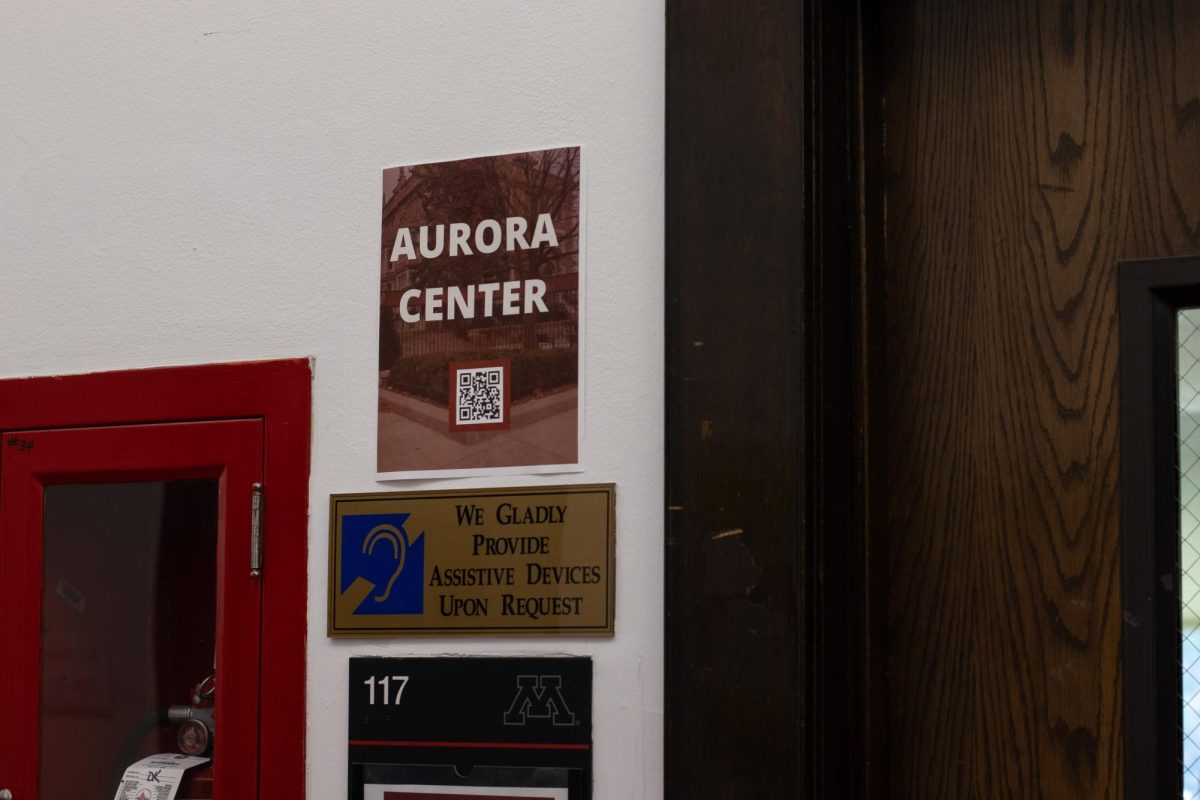Fraternities at the University of Minnesota recently announced a hard alcohol ban, falling in line with the nation-wide ban implemented by the North-American Interfraternity Council (NIC).
University fraternities streamlined the decision that was not intended to be executed until September 2019. The ban disallows any alcohol over a 15 percent alcohol content to be in houses and at events, except when supplied by a third-party. The University of Minnesota’s Interfraternity Council (IFC) has not yet determined how the ban is going to be enforced, and there are three fraternities on campus that will not be affected.
However, enforcement will likely be an integral part if implementation is going to be successful. Copious consumption of alcohol is the central aspect of Greek culture on campus. I have serious doubts about the ability to fully implement a change that dramatically shifts the ways fraternities operate. There is likely to be some blatant ignoring of the rule, as well as push back.
Don’t misunderstand me, I think this is a great idea. Frankly, I think a rule like this was necessary long ago because for too long, universities and Greek institutions alike have been complacent in the creation of a culture that idealizes binge drinking and ignores standards of basic human decency. For too long, fraternities have existed and functioned without real repercussions, despite lives being lost and reputations being tarnished in the process.
Alcohol, I feel, has been at the root of a toxic culture that has sprouted throughout fraternities across the country. Because intoxication has been not only an elemental experience during many people’s Greek life stints, but also, a requirement to endure hazing to become a member, I think this is going to be exceptionally difficult.
Rotten roots are not easy to weed out and cultures do not easily modify. Real work and tangible consequences are necessary if this move is going to be more than a public relations stunt or ploy to protect the IFC and its members.
The NIC said they implemented the rule after realizing nearly all hazing and over-consumption deaths resulted from high-percentage alcohol beverages. Shocker, I know. Except, not really.
Alcohol poisoning has been a consistent issue throughout fraternity history. According to Hank Nuwer, a journalism professor at Franklin College who studies hazing, students have been dying from hazing and, most commonly, alcohol poisoning almost every year since the early 1900s.
Implementation may also be harder than we think. Push back may not only come from frat boy beer-pong enthusiasts, but from distinguished alumni and university donors. According to Bloomberg News, other universities that have tried to institute similar regulations can receive pressure from Greek-friendly donors and some have even had donations pulled.
It’s hard to believe this decision was spurred by anything more than the recent heat Greek life has been under following the frequent, high-profile deaths that have occurred over the last few years. However, if the NIC would like this decision to stand for something more and truly address the issue that has stolen young lives for decades, a clear, swift and rigorous set of consequences is crucial.
Unless the penalties for violating this ban are quickly and plainly defined, I see no reason why it will be successful. If the NIC and IFC alike want to see a palpable change in the culture of fraternities, their work is not done. They need to prove this is not a media scrutiny-fueled empty gesture and work to make systemic changes. This endeavor is not easy, but it is entirely necessary to create a Greek community that isn’t content in an alcohol-fueled existence.







